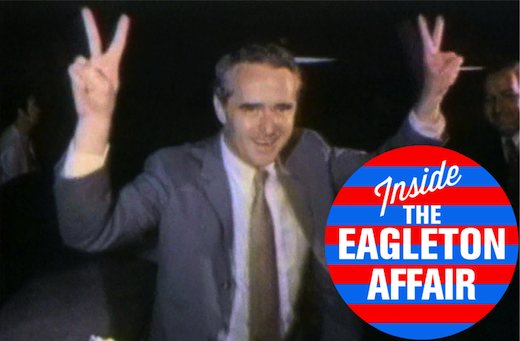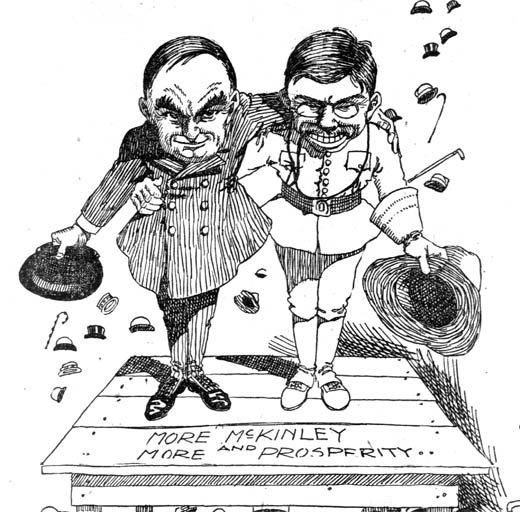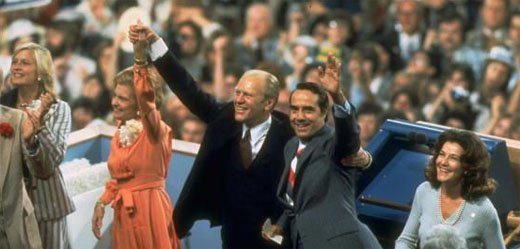"INSIDE THE EAGLETON AFFAIR" Documentary: When a VP Selection Went Terribly Wrong
 Thursday, August 2, 2012 at 10:17AM
Thursday, August 2, 2012 at 10:17AM 
Before there was the controversial Sarah Palin pick in 2008, there was Thomas Eagleton, George McGovern’s ill-fated selection in 1972. The Eagleton affair, in fact, ultimately changed how vice-presidential running mates are now made.
With political watchers on veepstakes alert for Mitt Romney’s eventual VP pick, below a mini-documentary on the Eagleton affair.
A little backstory: When McGovern arrived at the Democratic convention in Miami during the summer of '72, his campaign priority was to fend off rival Hubert Humphrey's last-ditch attempt to win the nomination through an obscure rule change. Picking a running mate was relegated to the backburner. After officially gaining the nod, McGovern was left with only an hour and a half to choose a No. 2 -- and he hastily settled on Sen. Thomas Eagleton (D-MO), a man with whom McGovern had only spoken twice.
"Vetting" the candidate was an afterthought, a decision that came to exemplify VP selection gone bad.
Watch my documentary for the full behind-the-scenes story on NBC's First Read Blog or below:
 1972,
1972,  Eagleton,
Eagleton,  Eagleton Affair,
Eagleton Affair,  George McGovern,
George McGovern,  Thomas Eagleton,
Thomas Eagleton,  VP,
VP,  Vice President
Vice President 



